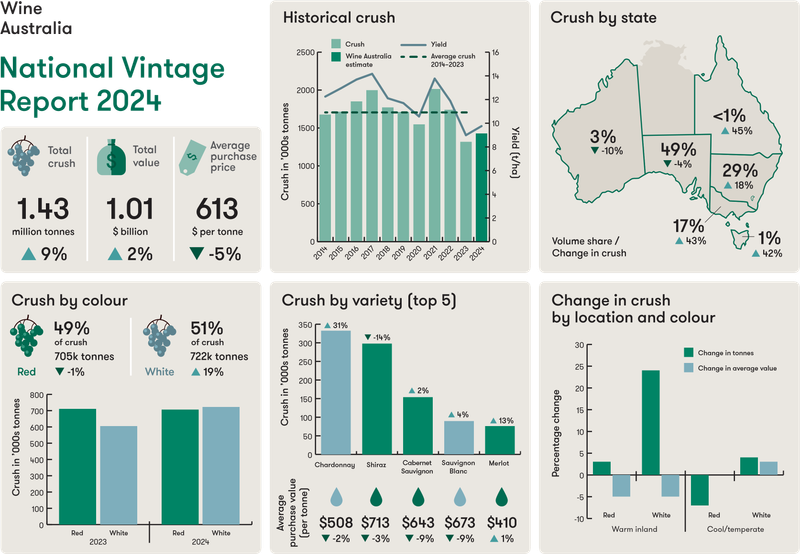Wine industry among business groups concerned about IR Bill
THE wine industry is among a group of South Australia’s leading business organisations calling for the Senate to reject controversial parts of a federal industrial relations Bill. Last Friday, November 11, the House of Representatives passed the...

THE wine industry is among a group of South Australia’s leading business organisations calling for the Senate to reject controversial parts of a federal industrial relations Bill.
Last Friday, November 11, the House of Representatives passed the Federal Labor Government’s Secure Jobs, Better Pay Bill to amend the Fair Work Act 2009 in a decision Business SA says was taken “with inordinate haste”.
“If passed in the Senate next week, this flawed Bill will result in the most significant and regressive industrial relations changes in well over a decade,” Business SA said in a statement this week.
Business SA said the SA wine industry was among a number of leading business groups that insist the Bill be rejected in its entirety or have the most contentious sections, including the expansion of the multi-employer bargaining stream, split off to be examined in a more consultative manner.
“The proposed multi-employer bargaining provisions would reduce productivity, investment, and jobs,” Business SA said.
“Further, the proposed widespread expansion in industrial action rights would prove very damaging for businesses and the community.
“The biggest red flag within the multi-employer bargaining provisions is the Bill’s new ‘single interest employer authorisation stream’. This new stream is the wrong approach and would force employers and their employees to be made parties to an agreement they have not negotiated.
“South Australia’s businesses are at risk of being roped into agreements they will have had little or no say in.
“This approach would enable unions to reach agreement with a few employers and then extend the agreement to hundreds of other employers. This would damage particularly small businesses who would have costly new conditions and requirements imposed on them for nothing in return. The likely pursuit of such a strategy by unions is entirely predictable.
“The Labor Government purports that the passing of this Bill is necessary for wage growth, yet to date has shown no evidence of this. The fact is that wage growth has been steadily increasing since September 2020 due to the strong labour market. Full employment is a far more effective way of driving wage growth than the introduction of legislation that will set us back decades.
“With that being the case, why the rush?”





